Berani dalam Benar – Scholars at risk, globally!
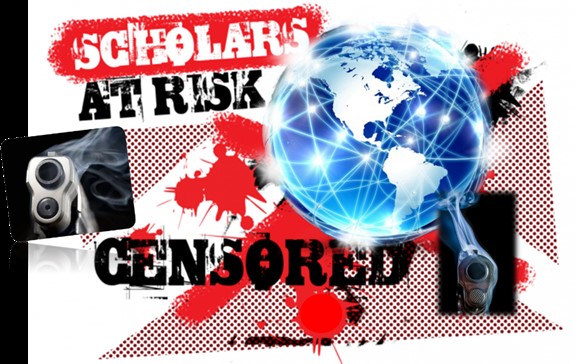
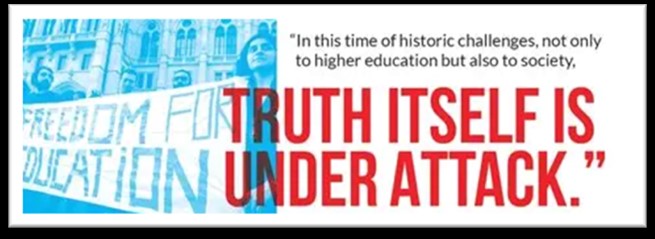
Earlier, SAR annual report on Academic Freedom Monitoring Project, documented 395 attacks on higher education communities in 49 countries and territories. It demonstrates that as “violent threats to higher education persist in authoritarian contexts, attacks in historically liberal environments are on the rise, including in the United States (US), where national leaders have threatened university autonomy and singled out particular disciplines and academic voices.” Other countries and governments are simulating this by shutting down universities as spaces for democratic inquiry. To counter this trend requires courage, long-term commitment, and solidarity across the higher education sector, globally.
Reportedly, in a panel on lessons from higher education in the US and abroad, it was reiterated that DEI are not mere “add-ons” to academic freedom protection, but rather, core to preserving the “truth-seeking function” of higher education which is fast going towards oblivion. Therefore, higher education institutions must unite and work in solidarity through unprecedented pressures on academic freedom; and must include local community engagement and effectively message its value for the public good. In another panel, it underscored the importance of viewing academic freedom as a human right, the role of international norms, and the necessity of building a culture of open inquiry.
SAR Deputy Director while emphasising “the value of building connections with one another as pressures grow on the higher education sector,” urged the audience to consider conversations about academic freedom “that speak not to everyone, but with everyone.” To this, SAR adds a roadmap - “Strategic Plan for 2023-28,” for the years ahead and, “Free to Think 2025” as a tool to discuss threats to higher education, at the same time exploring concerning trends in attacks on higher education communities around the world. More specifically, Eve Darian-Smith, author of “Policing Higher Education: The Antidemocratic Attack on Scholars and Why It Matters” was quoted as saying: “Leadership may differ in terms of religious orientation, political ideology, and domestic goals, but common to all is seeking to control public education and ensure that young people and future generations are controlled in what they say, how they protest, and challenge the question.” This resonates with the alleged views on “rise of extremist political figures and their control over public education.” In yet another panel discussion, pressures on US higher education through a global historical lens, focusing on threats and legal responses were highlighted. For example, the US administration’s multifaceted attacks, including funding cuts, civil rights weaponisation, and direct assaults on free speech. It took note of the administration’s indirect methods, such as grant conditions and visa restrictions, as well as the use of litigation as part of the process to push back. In general, focus is placed on the importance of academic freedom for democracy, the impact of right-wing attacks, as well as the role of media in shaping narratives to amass solidarity among institutions.
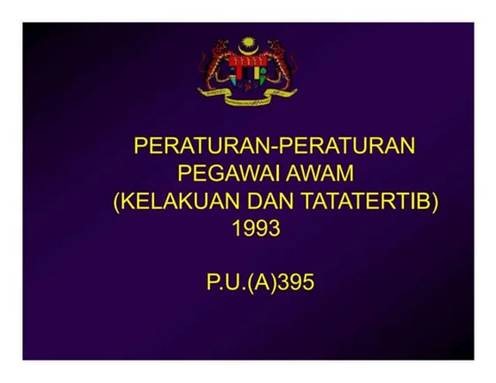
In summing up, a playwright from Uganda, Achiro P. Olwoch, and currently an academic placed on record to “remind us that ideas cannot be imprisoned, that creativity cannot be legislated away, and academic and artistic freedom are not privileges: they are essential to our humanity.” Here, Malaysian academics would do the greatest good to seriously take up many of the outcomes brought forth by the SAR conference in the continued attempt to consolidate a global academic freedom movement strong enough to meet the unprecedented challenges ahead, more so previous ones such as the Public Offices (Conduct and Discipline) Regulations, 1993 [Peraturan-Peraturan Pegawai Awam (Kelakuan dan Tatatertib), 1993], namely Peraturan 19 as below]. The latter re-surfaces more recently, to remind even university staff, including academics that they are subjected to a similar rule. In this case, Rule 18(1) of the Second Schedule, Act 605 - Statutory Bodies (Discipline and Surcharge Act 2000).
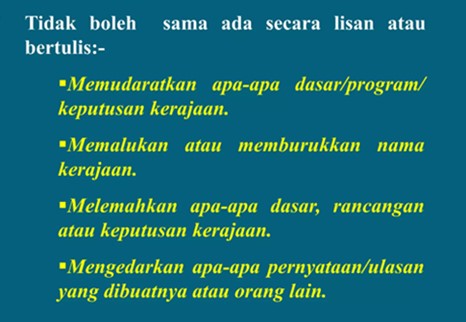
Is it not time to rethink (if allowed!) of repealing them immediately? So that education will not rot like a fish, head downwards to become edu-CASH-tion! And delive a morally bankrupt nation!

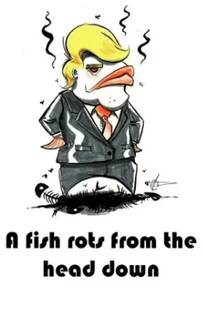
It always seems impossible until it is done Nelson Mandela (1918-2013)
